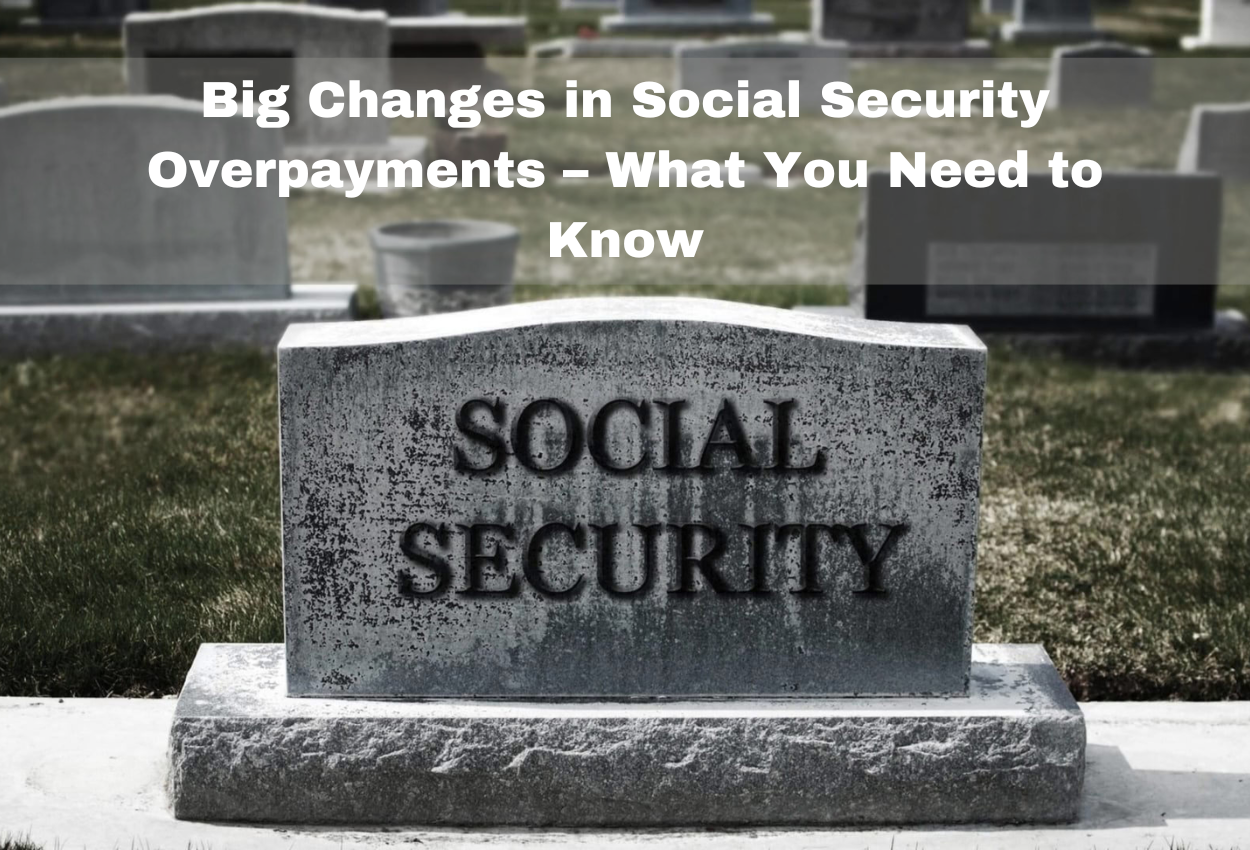Social Security spousal benefits can be a game-changer for retirees, but not everyone qualifies. In fact, many people assume they can claim benefits based on their spouse’s earnings, only to find out later that they don’t meet the eligibility criteria.
A surprising number of retirees are unaware of the rules, which could lead to missed benefits or unexpected denials. So, if you’re counting on these benefits for retirement, it’s crucial to understand the qualifications and common mistakes that might prevent you from receiving them.
Let’s break it down in simple terms so you can plan ahead.
Can a Divorced Spouse Claim Social Security Benefits?

The good news is that divorced spouses can receive Social Security benefits based on their ex-spouse’s work record—but only if they meet certain conditions. Here’s what you need to qualify:
- The marriage must have lasted at least 10 years.
- The divorced spouse must be at least 62 years old.
- The couple must have been divorced for at least two years.
- The divorced spouse must not have remarried.
One common misconception is that your ex-spouse needs to apply for benefits before you can claim them. That’s not true. Unlike married couples, divorced spouses don’t have to wait for their ex to start collecting benefits. Another myth is that your ex’s marital status affects your claim. Whether they remarry or not, it won’t impact your eligibility—as long as you meet the criteria.
Many people also worry that their claim might reduce their ex’s benefits or alert them. Rest assured, your application has zero effect on their Social Security payments, and they won’t be notified if you apply.
Who Qualifies for Spousal Benefits in a Marriage?
For those who are still married, the rules are slightly different. You can claim spousal benefits based on your partner’s earnings if:
- You have been married for at least one year.
- You are at least 62 years old.
- Your spouse is already receiving Social Security benefits.
This means that if your partner hasn’t started collecting their retirement benefits yet, you won’t be able to claim yours. Many couples don’t realize this and assume they can access spousal benefits anytime. It’s essential to plan your retirement strategy around these rules to avoid surprises.
Why You Might Be Denied Social Security Spousal Benefits
One key reason some people get denied spousal benefits is the deemed filing rule. This rule means that if you qualify for both spousal benefits and your own Social Security retirement benefits, you are automatically considered for both—and will receive the higher of the two amounts.
In the past, people could claim spousal benefits first and delay their own retirement benefits to maximize their payout. But now, this loophole has been closed. If you apply for any Social Security benefit, you’ll be assessed for all the benefits you qualify for, and you can’t delay one while taking another.
However, there’s one big exception: survivor benefits. If your spouse passes away, you can claim survivor benefits while waiting to apply for your own Social Security benefits. This could be a smart move to maximize your retirement income.
Does Claiming Age Affect Spousal Benefits?

Absolutely! The amount you receive as a spousal benefit depends on:
- The age at which you start claiming benefits (taking them before full retirement age means a smaller check).
- The Primary Insurance Amount (PIA) of your spouse, which is the benefit they receive at full retirement age.
If you also qualify for your own Social Security benefits, you’ll receive whichever amount is higher. But claiming benefits early can reduce your total monthly payout. That’s why financial planning is crucial before making any decisions about Social Security.
Final Thoughts: Plan Ahead to Avoid Losing Benefits
Spousal benefits can provide a significant financial boost, but strict rules apply. If you’re divorced or married, knowing the eligibility criteria is essential to avoid unexpected denials. Claiming too early or misunderstanding the rules could result in lower-than-expected benefits.
Planning ahead, understanding your options, and making informed choices can help you maximize your Social Security income and secure a more comfortable retirement. Make sure to check your eligibility before you apply—so you don’t miss out on benefits you rightfully deserve!




